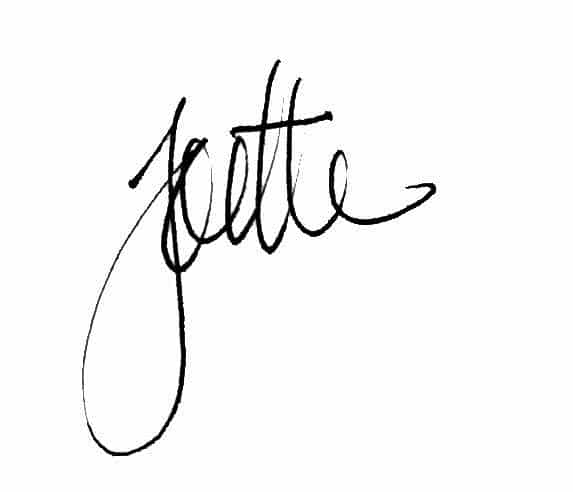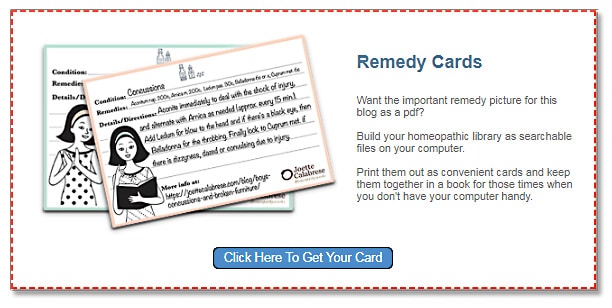For those of you in my generation, a significant concern is caring for our aging parents. If you’ve followed me for any length of time, you probably know that both of my parents have already passed. But I cared for them both. My mother even lived with my husband and me during her final years.
I’ve discussed caring for the elderly in several formats: a podcast and a blog post, and I’ve touched on it in several Facebook Live sessions.
However, there is one topic I haven’t covered, which was recently brought to my attention by a student:
“I would love to hear a talk on palliative care for the dying. I sat at the bedside of 3 of our parents as they passed. I didn’t know about homeopathy at the time, but in learning and studying, I would love to know what might be some remedies to stockpile … Things to help ease the transition and calm minds and hearts.”
Palliative care at the end of life is a broad topic, so let’s focus on the student’s central question about calming minds.
First, let me say that the emotional turmoil experienced by the dying may seem unique. But in homeopathic terms, it really is no different than the anxiety experienced by someone who has undergone a shock by witnessing a catastrophic event, the restlessness a child suffers when they can’t sleep at night or the fearfulness of a family pet when their master is away.
Anxiety, restlessness and fear are addressed in the same manner — no matter the cause.
Individuals tend to think their situation is different from others’ issues because of the “whys” behind their current suffering. During the years I have taught homeopathy, this seems to be a common misconception among students. Perhaps it’s because they don’t hear many other people talking about it (whatever “it” is). That isolation leads them to believe their condition is unusual, requiring a more specific homeopathic medicine than others might choose.
But let me assure you, the symptoms are the symptoms. Whatever symptoms present, they are the symptoms we address — regardless of the causation.
Anxiety, restlessness and fearfulness can occur because of a variety of underlying conditions or situations. These symptoms are not unique to the end of life, but they certainly feel more crucial as you try to calm the sufferer’s mind as the inevitable transition approaches.
Aconitum 200 or Arsenicum 200 are generally good choices to consider. If a person is in a total panic, either one may be used every 15 minutes for the first hour. Then, endeavor to reduce the frequency to every few hours, as needed.
For instance, if the anxiety, restlessness or fear returns three hours after the last dose, we would know every three hours is the proper frequency. But we keep trying to open it up. Perhaps next time, the disconcerting emotions don’t return for five hours. Then that becomes the correct frequency.
However, whatever the chosen frequency of the medication is, we always stop when the condition is very much better. Often, in my experience, I haven’t needed to use more than one or two doses to resolve the issue!
This demonstrates one of the more gorgeous characteristics of homeopathy. It encourages us to keep our finger on the pulse of what’s happening to the ones we love through careful observation.
That’s a far cry from conventional medicine, in which a handful of pills are consumed at specific intervals without a second thought! Give me thoughtful homeopathy over impersonal conventional medicine any day!
The desire to smooth our loved one’s transition at the end of life is a natural human instinct. In its polite and gentle manner, homeopathy helps us ease the sufferer’s mind and provide a safer, calmer environment during this emotionally charged yet precious time.
Next week, I will write about a homeopathic medicine for the caregiver. So, stay tuned, and pass on the good news of homeopathy!
Warmly,
P.S. I plan to elaborate (albeit tangentially) on this topic in next week’s Memo to Mighty Members. If you’re not yet a member, I encourage you to join! Don’t miss out on additional educational offerings and more candid conversations with me — not to mention the camaraderie with other members.
Plus, due to the recent difficulty we’ve experienced with presenting our live events on Facebook, you’ll also enjoy being able to more efficiently view and interact with me on Monday nights through the Mighty Members’ site — without the frustration of Facebook.
And remember — all of my Mighties (Joette’s Mighty Members) qualify for a 10% discount on course purchases. If you need assistance getting your discount, email [email protected] for more information.






Are these agents liquid? Many people at end of life have difficulty swallowing
They may be purchased in pills or liquid.
Does this help with sundowners?
Joette, thank you so much for addressing this situation. I recently lost my husband…February 2021. I was so thankful to have my homeopathic remedies. We both had been using homeopathy since the 1980’s . My son said “he just opens his mouth like a little bird when you say I have a remedy for you”. I had been using Ignatia and Acontite, actually for both of us since we were at home. When I realized how restless he was I started using Arsenicum which helped so much. With his cancer he didn’t show any signs of pain, he had been taking thuja protocol, his appetite dwindled the last two weeks of life but other than that he was still up doing things, although not as strong as before. On a Saturday he fell twice, my son and grandson came and got him back in bed, and cleaned him up…for that he needed Staphysagria. The doctor hadn’t returned my calls, my son said “ you know if they take him to the hospital you’ll never see him because of their Covid precautions…plus he has a living will you need to respect his wishes “. We made him a comfortable bed in the floor so he couldn’t get up and fall during the night…I watched over him and gave him remedies as he needed them. He died that next morning….just fell asleep looking so peaceful. The grieving process is still difficult for me but Ignatia helps. Thank you, Joette for helping us out with your teaching tools such as this.
Mary
What an inspiring story, Mary!
Dignity.
It’s all about dignity and that’s what you gave him.
Homecare and our polite medicines.
So beautiful, Mary. I am so sorry fior your loss. May he rest in peace. These medicines are so blessed and I grow more and more in love with them. While my husband and I are in our 49s and end of life is far from the mind because we are chasing kids, we know a hospital is no longer where we want to be. I would be so grateful to have my husband and myself pass away in the way you provided. I must get learning and teaching my sons about the best way to love another person in their last moments. What you did was give your husband a true dignity in dying. For those of faith, death is not an end, it is a change. It is the birth into eternal life. God bless and console you and your family.
Mary, thank you for sharing your experience and your husband’s beautiful death with you, your son, and grandson near. May God rest his soul.
Your article generally suffice ailments of the seniors at their age.
I would appreciate if in contrast you shed some light on youngsters diemma on school going anxiety.
Thanks
thanks, this helps, 94 yr. young mother who for some time frets she will get hungry in the middle of night, and eats (a lot) before retiring, but how you clarified the mindset, was the pulse i wanted to address; i keep thinking nux vomica, but arsenicum matches her gentle-ish anxiety so will start at 30c, dissolved in water.
can you address how soon before her bedtime arsenicum album might wisely be given (?), or given during daytime?
Without fully taking the case it would be difficult for me to offer advice.
It would most definitely help the person witnessing also it’s very traumatic to see a love one part my husband was by himself when his mother past and I was at work I wish I knew then what I know now!! But as my parents grow older and more frail I know now what I need to do thank you jotette you mean so much to me helping us teaching us so much you are a gift from God!!!
Great information, thank you so much for sharing.
My father had dementia and in his last few weeks his sundowners got progressively worse with anxiety and restlessness. One night when I was caring for him, I looked in the Materia Medica, and Arsenicum Album fit perfectly. He would be calmer and relaxed for about 3 hours before needing another dose. The next morning he was more coherent than any other morning, and all without drugs or side-effects. So grateful for your teaching!
Employing Arsenicum was brilliant.
Another common ailment that can be disturbing for loved ones to witness during the dying process is the “death rattle”. Any suggestions for that? Thank you so much. Your information has been invaluable and so very practical.
Dose seems to come up a lot for me. Once you find the right timing for the remedy, is it always the same dose? Example- always 5 pellets of Aconitum 200C?
The number of pills that comprise a dose is indicated on the side of the bottle and that remains consistent.
I too cared last year for my dying stepfather we did use homeopathy but would love to have read this to boost my confidence in what I was doing. It’s hard to choose during highly stressful situations. We all were taking remedies to help us through not just the patient. Four days after he passed my mom collapsed in the garage ER trip and a valve replacement. I must add she was also put on remedies to help her recover from her surgery and yes for me I stayed on my remedies to keep me balanced.